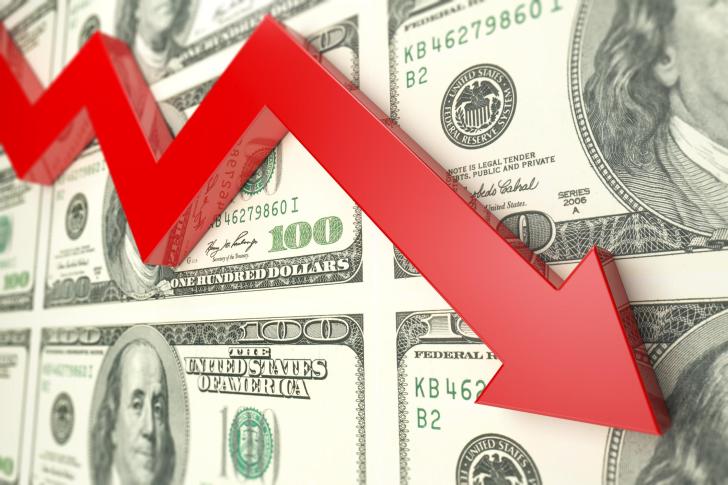News / National
South African Rand takes a hit
06 Aug 2024 at 08:12hrs |
0 Views

The rand and a number of South African stocks took a hit on Monday as investors moved away from purchasing riskier assets, and it became evident that the US may enter a recession.
The rand was trading at around R18.45 against the dollar on Tuesday at 8.03am.
The rand was trading at around R20.20 against the euro and R23.58 against the pound.
Yesterday, on the Johannesburg Stock Exchange (JSE) the Top-40 index was down by about 2.3%.
Asian stocks also took a hit on Monday as the Nikkei 225 plunged by around 13%.
US recession
On Friday, US financial data showed that the unemployment rate had risen to 4.3% and this stoked major fears that the US may be entering another recession.
Old Mutual Wealth Investment Strategist, Izak Odendaal said that the biggest concern of any investor with an equity-heavy portfolio is a global recession, more specifically a US recession.
US equities make up 60% to 70% of global equity market capitalisation, according to Odendaal.
"In a recession, company profits fall, which drags share prices lower, but the market also usually suffers a multiple contraction. In other words, not only do earnings fall, but the price/earnings ratio also declines," he explained.
"People lose their jobs and must sell their most liquid investments to make ends meet. The dollar also tends to strengthen in a flight to safety, which further depresses non-US returns. With one exception (1987), the major global equity bear markets of the modern era have coincided with recessions in the US."
Odendaal noted that unfortunately spotting recessions in advance remains a difficult job.
"One of the reasons recessions are so feared is because they often appear unexpectedly," he concluded.
The rand was trading at around R18.45 against the dollar on Tuesday at 8.03am.
The rand was trading at around R20.20 against the euro and R23.58 against the pound.
Yesterday, on the Johannesburg Stock Exchange (JSE) the Top-40 index was down by about 2.3%.
Asian stocks also took a hit on Monday as the Nikkei 225 plunged by around 13%.
US recession
On Friday, US financial data showed that the unemployment rate had risen to 4.3% and this stoked major fears that the US may be entering another recession.
Old Mutual Wealth Investment Strategist, Izak Odendaal said that the biggest concern of any investor with an equity-heavy portfolio is a global recession, more specifically a US recession.
US equities make up 60% to 70% of global equity market capitalisation, according to Odendaal.
"In a recession, company profits fall, which drags share prices lower, but the market also usually suffers a multiple contraction. In other words, not only do earnings fall, but the price/earnings ratio also declines," he explained.
"People lose their jobs and must sell their most liquid investments to make ends meet. The dollar also tends to strengthen in a flight to safety, which further depresses non-US returns. With one exception (1987), the major global equity bear markets of the modern era have coincided with recessions in the US."
Odendaal noted that unfortunately spotting recessions in advance remains a difficult job.
"One of the reasons recessions are so feared is because they often appear unexpectedly," he concluded.
Source - iol
Join the discussion
Loading comments…




























